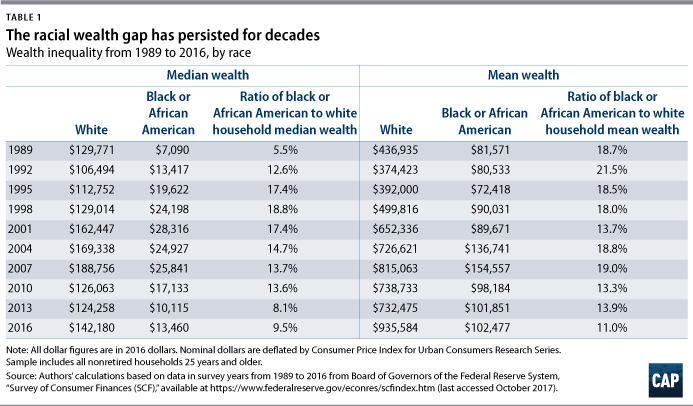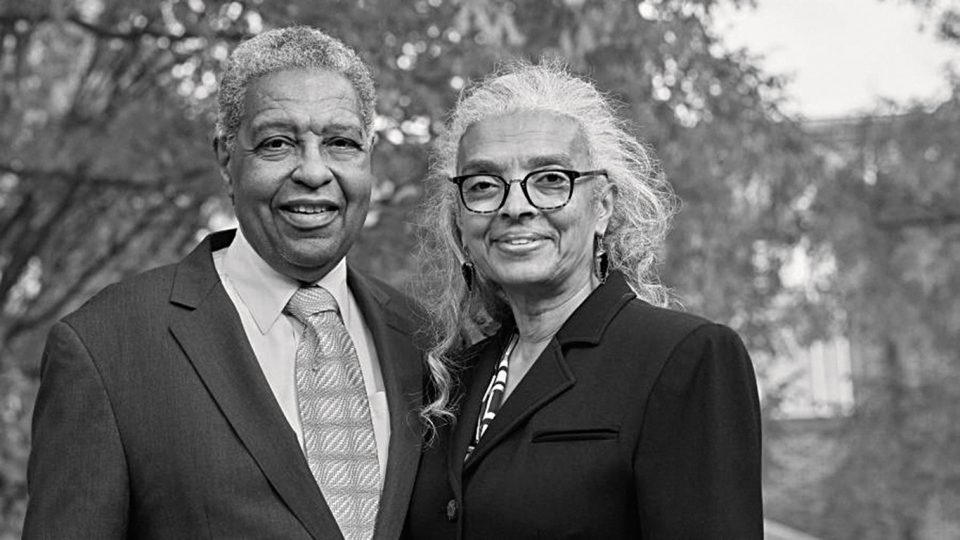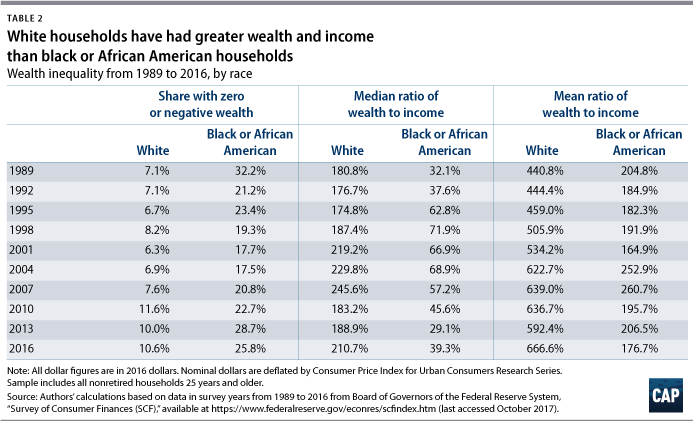What Do Black Economists Say About Expanding Black Wealth?
by C.C. Campbell-Rock
The senseless murders of George Floyd and other Black Americans in 2020 launched a resurgence of the Civil Rights Movement. Tens of thousands of people worldwide took to the streets in protest and to send one message. Black Lives Matter.
The demonstrations not only laid bear the hatred for people of color by many whites, but glaring racial disparities. Economic inequalities rushed into view. Economists, social scientists, civil rights leaders, and financial experts published reports. Starting in the summer, 2020 is now known as the year of “Reckoning,” for those perpetuating structural racism. This prevents Blacks from building wealth.
“In terms of catching up [on wealth and income] there’s still a long way to go,” said Gerald Daniels, assistant professor of economics at Howard University. “There’s a lot of unrest in general, with economic instability, due to inequality,” Daniels told the Financial Times in June 2020, at the height of the protests.
“So much of this unrest, this civil unrest, is tied to economic inequality. That’s just a fact. We need to move the needle on this economic inequality,” said Mellody Hobson. Hobson is an expert on financial literacy and investor education. She is also the chairwoman of Starbucks Corp. Hobson was also the first African-American woman to head The Economic Club of Chicago.
Some Progress but Disparities Persist
Black families have made progress in civic and economic life since the passage of the Civil Rights Act of 1964. Still they face systemic and cumulative barriers on the road to wealth building. Discrimination, poverty, and a shortage of social connections (including role models and mentors in their communities) continue. These are both mechanisms and results of racial economic inequity. These adverse elements have helped maintain a persistent—and widening—wealth gap.

Statistics from a recent study by McKinsey & Co. on the economic impact of the racial wealth gap point to the dire need for Black Americans to have access to wealth-building tools.
In “The Economic Impact of Closing the Racial Wealth Gap,” a 2019 report written by Black economists at McKinsey & Company, Black Americans can expect to earn up to $1 million less than white Americans over their lifetime. And the median white family had more than 10 times the wealth of the median black family in 2016. Many economists contend this will continue to spread.
“Further, 65% of black Americans live in 16 states that score “well below the national average” in terms of health-care access, public health and economic opportunities. These three areas accelerate wealth generation.“
“The widening racial wealth gap disadvantages black families, individuals, and communities and limits black citizens’ economic power and prospects, and the effects are cyclical. Such a gap contributes to intergenerational economic precariousness: almost 70 percent of middle-class black children are likely to fall out of the middle class as adults,” the economists wrote.
“Other than its obvious negative impact on human development for black individuals and communities, the racial wealth gap also constrains the US economy as a whole. It is estimated that its dampening effect on consumption and investment will cost the US economy between $1 trillion and $1.5 trillion between 2019 and 2028—4 to 6 percent of the projected GDP in 2028,” the economists wrote.
In December 2020, McKinsey & Co. created a Black Economic Institute to bolster and institutionalize both their recent and long-standing research.
WHAT CAN BE DONE TO EXPAND BLACK WEALTH?
Some policy experts and economists say Reparations for slavery and American apartheid should be paid to descendants of enslaved Black people.

Dr. Sandy Darity, Samuel DuBois Cook Professor of Public Policy and professor of economics and of African and African-American studies at Duke University and his wife, Kirsten Mullen, co-authored “From Here to Equality: Reparations for Black Americans in the Twenty-First Century.” They held a virtual event to discuss the book in 2020. They offered an explanation as to why Black Americans should be awarded reparations.
“Public policy has created the Black–White gulf in wealth, and it will require public policy to eliminate it. Therefore, as we argue in From Here to Equality, erasure of the racial wealth disparity must be a core objective of reparations for Black American descendants of U.S. slavery. We estimate, at minimum, this will require $10 to $12 trillion in federal expenditures. Attaining long-denied full citizenship has a critical material dimension. That dimension will be achieved by closing the immense gap in Black and White wealth,” the couple wrote.
Related: The Case for Reparations
In “Why we need Reparations for Black Americans,” Rashawn Ray and Andre Perry gave detailed history of the black experience in the U.S. The authors of the Brookings Institute’s Policy 2000 article see reparations as the first step in closing the Black-White wealth gap. Their recommendations include:
- Individual payments for descendants of enslaved Black Americans
- College tuition to 4-year or 2-year colleges and universities for descendants of enslaved Black Americans
- Student loan forgiveness for descendants of enslaved Black Americans
Down payment grants and housing revitalization grants for descendants of enslaved Black Americans
Financial institutions can reinvest some portion of the proceeds from municipal bond sales into the network of community organizations working to rehabilitate neighborhoods.
The Center for American Progress’ 2018 report offers a list of recommendations to address wealth inequality.
In “Systematic Inequality: How America’s Structural Racism Helped Create the Black-White Wealth Gap,” the authors present a blunt look at why a majority of African-Americans have been unable to accumulate wealth.
“When considering policy recommendations to close the racial wealth gap, one thing must be acknowledged: Poor blacks and poor whites are not similarly situated because whites have been and continue to be treated more favorably than blacks by government institutions,” they wrote.
“Both the Economic Policy Institute (EPI) and the Federal Reserve Bank of San Francisco reports suggest that the factors that play a role in the black-white income and employment gap include employment discrimination and weak enforcement of anti-discrimination laws.
The CAP experts suggest using “targeted universalism” to deliver solutions. Targeted universalism is a platform to operationalize programs that move all groups toward a universal policy goal.
The authors recommend the following targeted policies to remove systemic barriers to acquiring, maintaining, and obtaining returns from assets such as housing, retirement and savings accounts, and business investments:
- Expand Housing and Homeownership among Black families
- Support and protect intentional policy changes for fair housing.
- Ensure access to affordable rental housing.
- Institute a comprehensive set of rules to govern land installment contracts.
- Improve access to retirement savings.
- Expand opportunities for entrepreneurship.
- Reduce blacks’ debt load and the cost of their debt.
- Protect the Consumer Financial Protection Bureau
- Improve access to banking.
- Make college affordable.
- Improve income and employment.
- Support a job guarantee.
- Improve opportunities for collective bargaining and modernize labor laws.
- Raise the minimum wage.
- Adopt fair chance hiring policies.
- Protect Social Security
- Protect the Equal Employment Opportunity Commission and the Office of Federal Contract Compliance
- Improve access to healthcare.
- Expand access to paid leave and childcare and ensure equal pay.
- Expand access to quality and affordable postsecondary education and workforce training.
“The black-white wealth gap is a product of intentional systematic policy choices. The only way to correct this wrong is to make intentional systematic changes in response,” the authors concluded.


[…] Related: Expanding Black Wealth […]